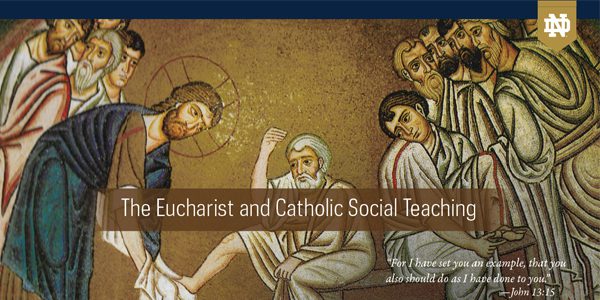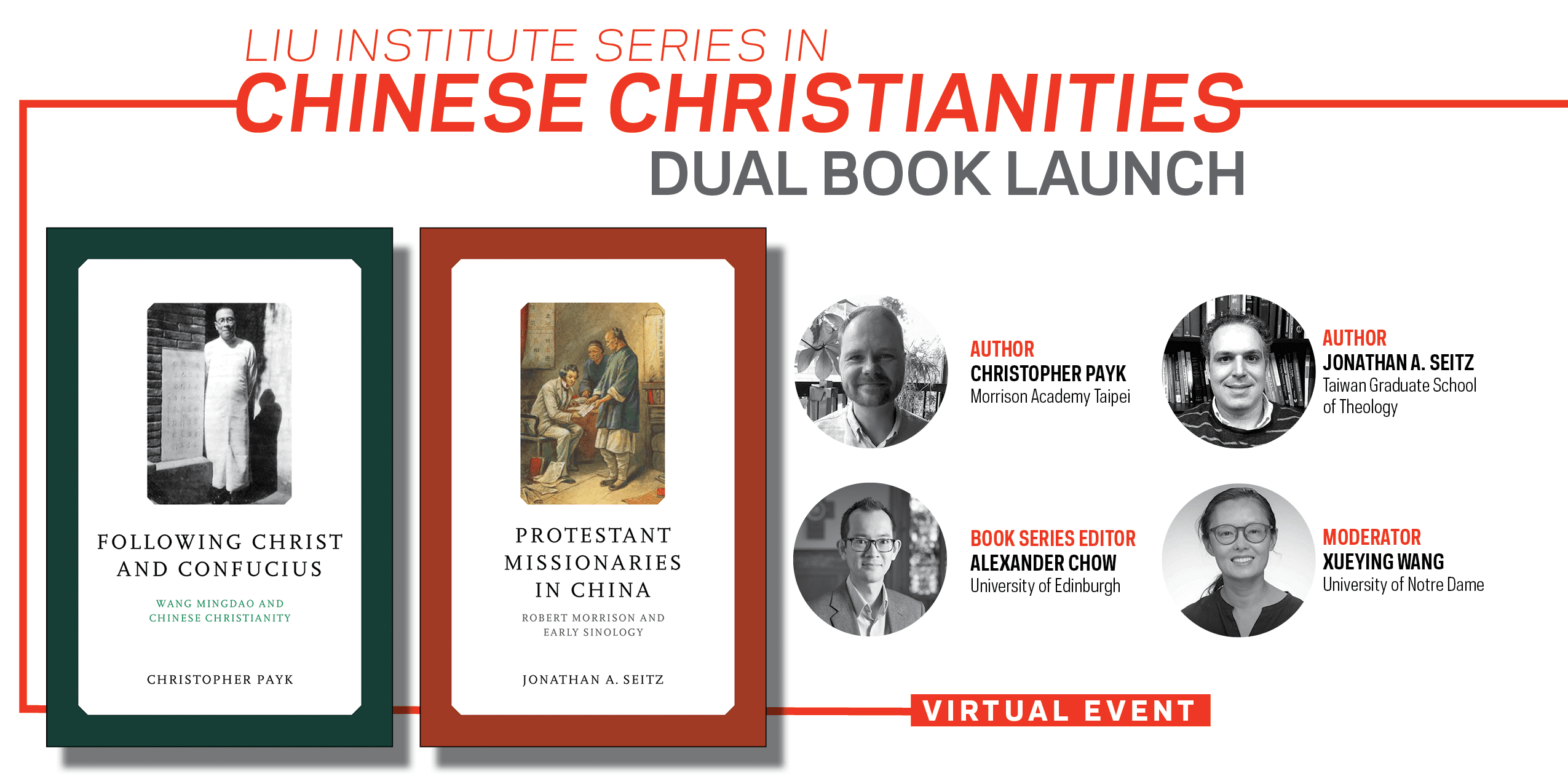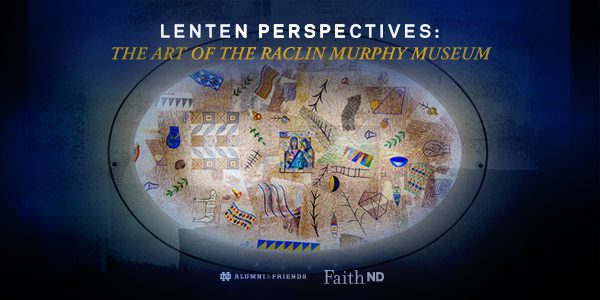God and the Good Life
Subscribe to the ThinkND podcast on Apple, Spotify, or Google.
Featured Speakers:
- Ryan Cook, Alumnus, University of Notre Dame; Cybersecurity Consultant, EY
- Paul Blaschko, Assistant Teaching Professor in the Philosophy Department, University of Notre Dame
- Meghan Sullivan, Wilsey Family Collegiate Professor of Philosophy, University of Notre Dame
In the second virtual event of the Good Life Method series, Ryan Cook, a recent Notre Dame graduate and former student and fellow in the God in the Good Life course, moderated a discussion between Meghan Sullivan and Paul Blaschko, both teaching professors in the Philosophy Department at Notre Dame and co-authors of the Good Life Method. The conversation aimed to address the relationship between religion and philosophy and how God plays a part in the good life.
Cook led the discussion, then took questions from the audience for Sullivan and Blaschko. Cook’s first question was about how philosophy plays a role in the religious person’s life. Sullivan answered that she and Blaschko try to make a point that philosophy has a place in our daily lives. Rather than philosophy being a separate “sport” than religion, philosophy can help explain the faith we seek in our everyday lives. Blaschko added that for him, philosophy helps find ways to defend his beliefs. Blaschko alluded to Thomas Aquinas’ five proofs for God’s existence. Blaschko said we can think as highly about faith as math and physics. The book explores philosophers who support and oppose this method of faith seeking.
Cook added that when one over intellectualizes their faith, it can become less personal. To him, faith is more than just hard evidence; there is a personal connection and experience that can’t always be explained easily. Diving deeper into this idea, Cook asked Blaschko and Sullivan to explain how they might reconcile Aquinas’ proofs while still maintaining a personal relationship with God. To answer this question, Sullivan referenced Stephen Colbert, who lost his brothers and his father in a plane crash. After the incident, many asked Colbert where God was in this incident. Colbert’s answer is that even through the tragedy, he is still innately grateful for his life. His experience in loss has also made him deeper in his faith.
Cook built off this story by asking Blaschko and Sullivan to speak about the idea of death. Blaschko and Sullivan explored the concept of death and how it relates to the good life in the final chapter of their book. Sullivan said that this section was the most difficult to write because it forced her to think about how she thinks of death in her own life. Sullivan said that Plato has a famous remark about death, that “philosophy is preparation for death.” Philosophy can help us prepare for the inevitable, but it can also help us understand why we might fear death. Blaschko says that thinking about death can help us understand what we love about our lives. However, if we lived forever, the life we do have would be less valuable.
During the audience questions, one viewer asked how creation is related to the existence of God. Sullivan and Blaschko responded with how it is possible for us as individuals to have a hand in creating someone else and shaping their lives for the better. We can use creation as a way to get involved in someone’s life by learning about them, what they value, who they are, and what they believe in.
Key Takeaways and Time Stamps
- Philosophy can help explain the faith we seek in our everyday lives and how to defend it, 7:14.
- Faith is more than just hard evidence. There is a personal connection and experience that can’t always be explained easily, 11:15.
- Philosophy can help us prepare for the inevitable, but it can also help us understand why we might fear death, 37:30.
Key Quotes and Time Stamps
- “Philosophy plays this role in helping us explain the faith that we’re experiencing to other people.” — Meghan Sullivan, 7:14
- “One of the most meaningful parts of writing the book for me was the dialogues and discussions that we had.” — Paul Blaschko, 8:04
- “Philosophy is meant to be in the business of helping us discover what’s really worth constant valuing and which things are not.” — Meghan Sullivan, 43:08
- “Making time for contemplation develops our capacity to love.” — Ryan Cook, 49:58
- “God not only loved us enough to create us, but also created a place for us to live out these lives as backdrop that’s going to be supportive and nurturing of our good life.” — Meghan Sullivan, 57:54
Related Content
The Eucharist and Human Dignity
In 2022, the United States Conference of Catholic Bishops (USCCB) announced that the Church in this country would undertake a Eucharistic Revival, as a way to bolster Catholics’...
View EventLiu Institute Series in Chinese Christianities Dual Book Launch
Christianity is the fastest-growing religion in mainland China and a large, linguistically and culturally diverse Chinese diaspora, which encompasses more than a fifth of the...
View EventThe Astounding Reversal
Fr. Kevin Grove C.S.C. ’09 M.Div., Holy Cross priest, assistant professor in the Department of Theology, priest in residence at Dunne Hall here at the University of Notre Dame...
View Event


